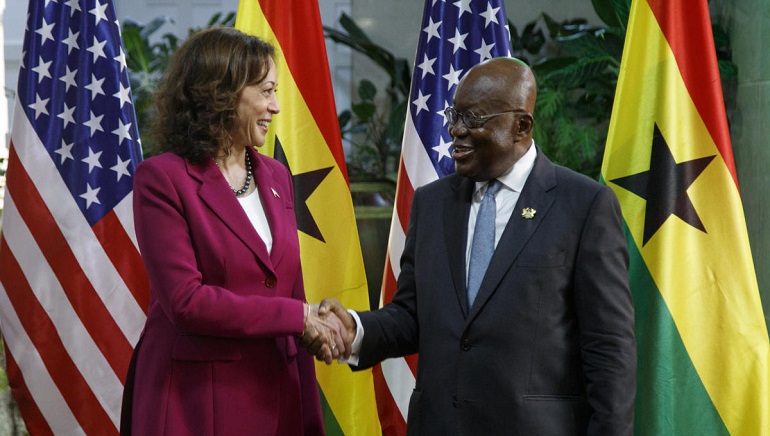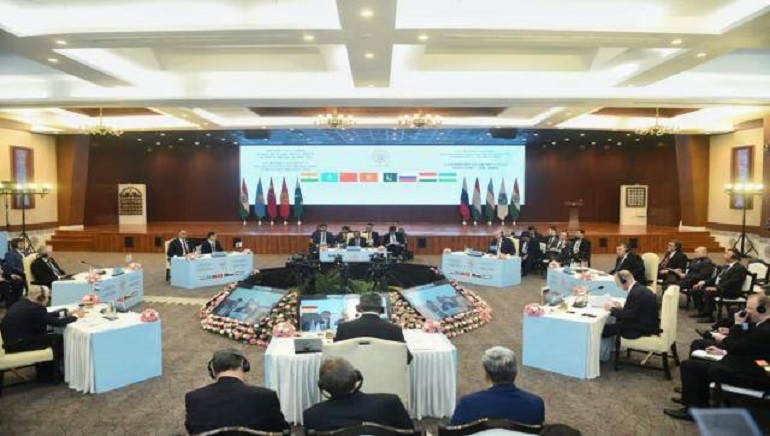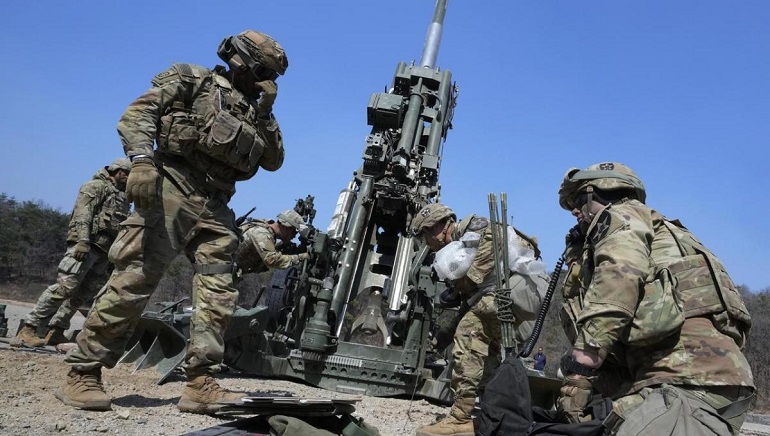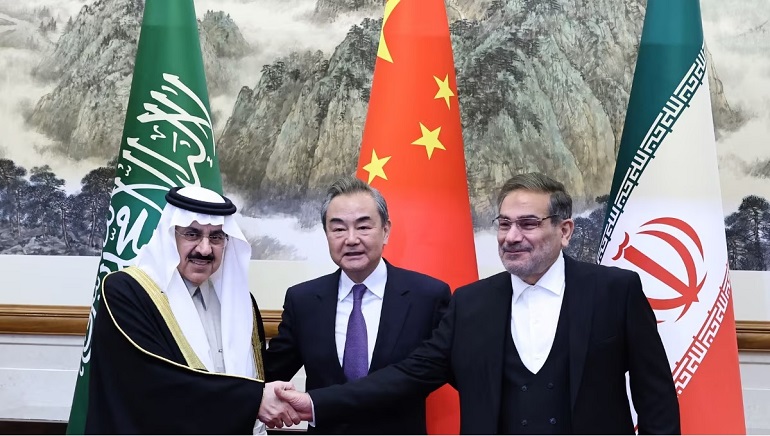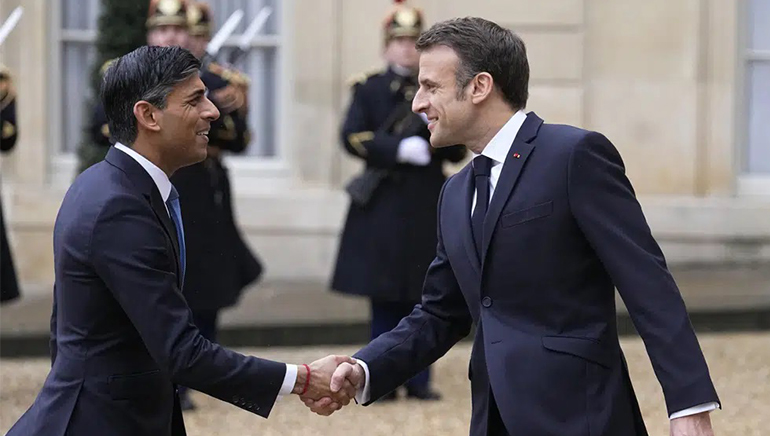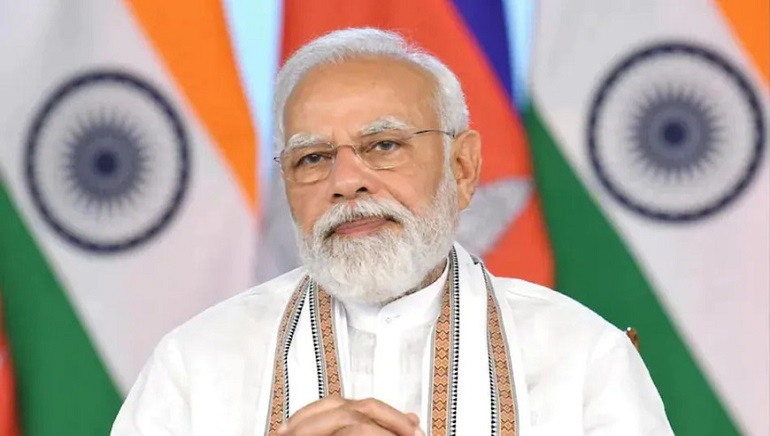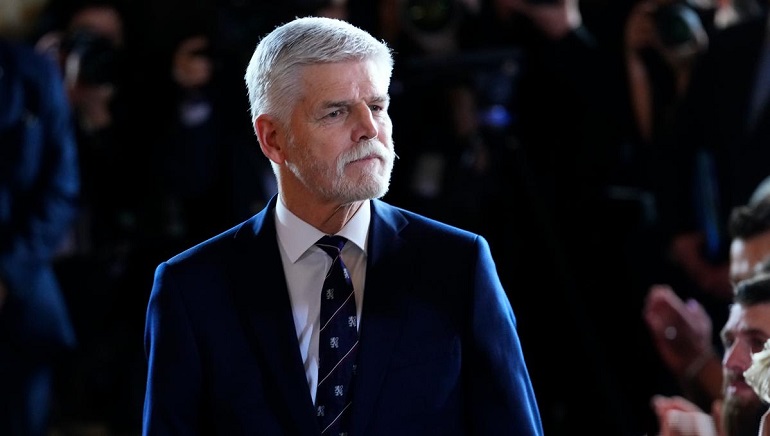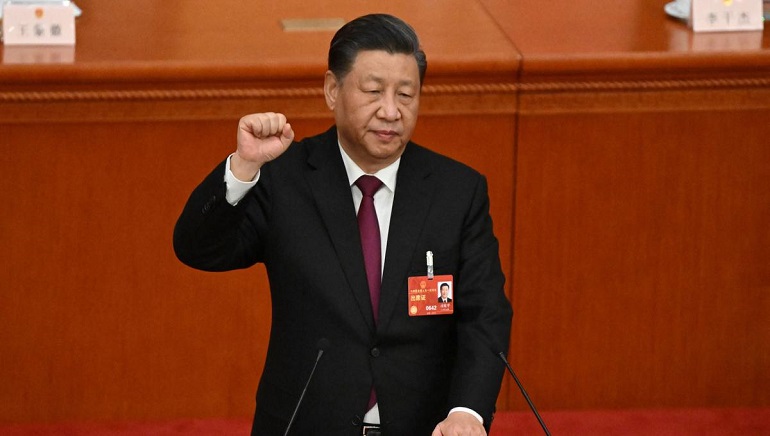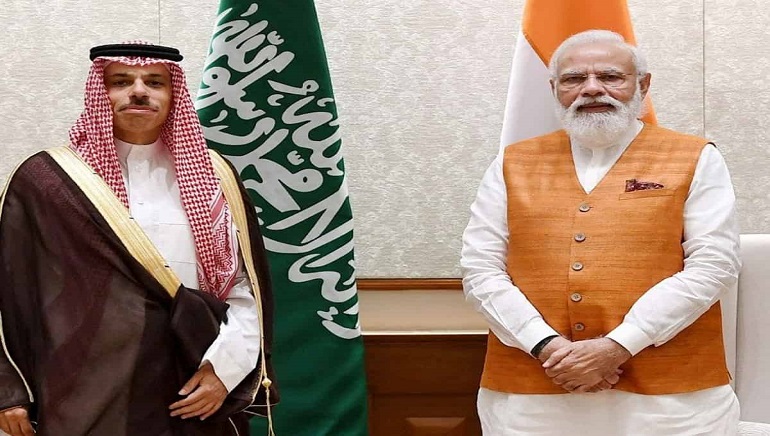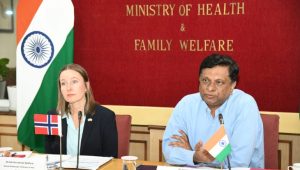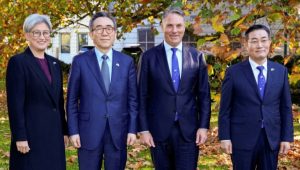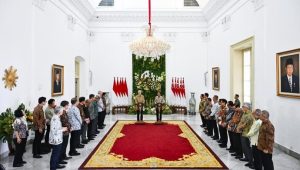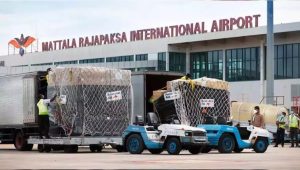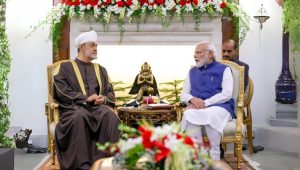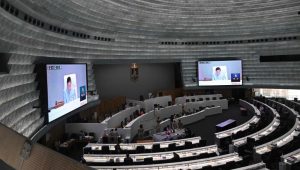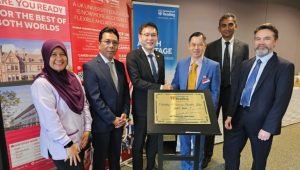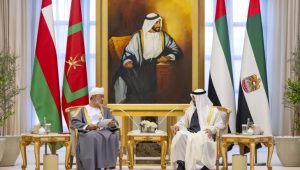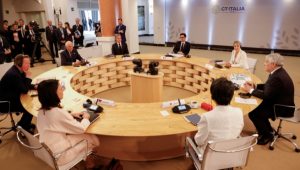On her visit to Ghana, US Vice President Kamala Harris pledged a new era of partnership with Africa. Highlighting the continent’s innovation in emergency health care supplies, vaccines, farming and mineral processing, she expressed her vision for “a future that is propelled by African innovation.”
“We must invest in African ingenuity and creativity, which will unlock incredible economic growth and opportunities,” Harris said from Independence Square in Accra, where thousands gathered waving US and Ghanaian flags. She said the US must be guided “not by what we can do for our African partners, but we can do with our African partners.”
Her visit is part of a week-long trip that will also include stops in Tanzania and Zambia.
While in Ghana, Kamala Harris addressed thousands of young Ghanaians in Accra on women’s empowerment, and toured a coastal building that was the last stop for Africans sold into the transatlantic slave trade. She promised American partnership and urged African nations to do more for women. In a speech in front of Black Star Gate, a monument built on the site where Ghana declared independence from Britain in 1957, the US Vice President said that by the middle of the century, one in four people in the world will be African, and innovation would be key to Africa’s future success.





